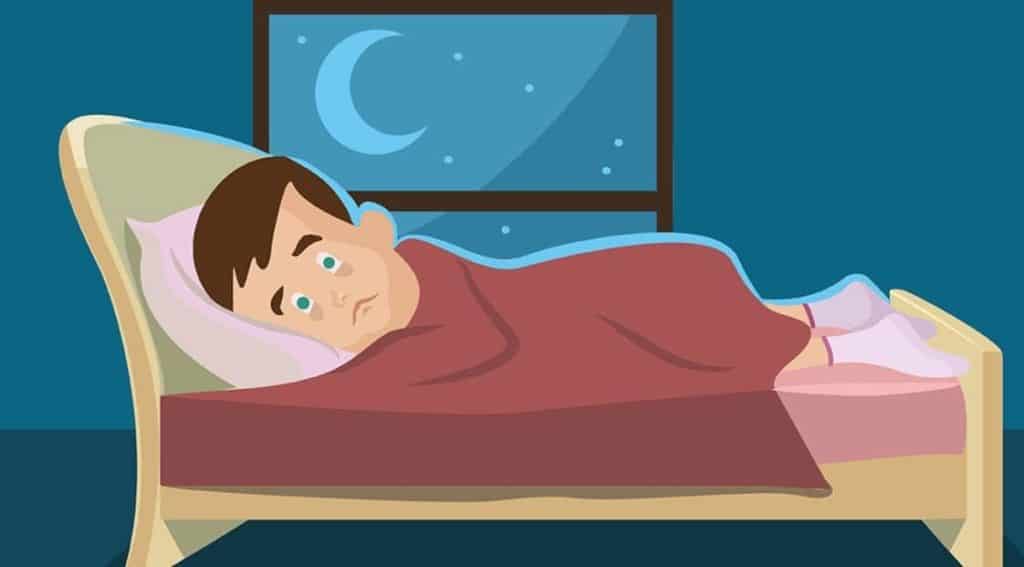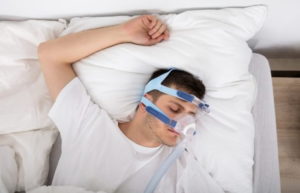Sleep disorder affects more people than you might know. According to the American Sleep Association, there are up to 50 million adults affected by sleep disorder in the US alone. Insomnia is the most commonly reported sleep disorder but there are more pressing issues that should be addressed. Thankfully, there is now a wide availability of treatments available in a sleep disorder clinic that can address these issues and help to restore your normal sleeping patterns.
When Do You Know if You Have a Sleep Disorder?
Sleep disorder can be defined as any form of condition that can alter your sleeping pattern. Sleep is one of the most basic essentials for humans. Without proper sleep, it can affect your health and overall quality of life. Excessive lack of sleep is linked to higher risk for certain diseases.
But before you can get treatment for this condition, it is important that you know how to identify that such a problem exists. While you can find a wide range of sleep disorder clinic and professionals today, seeking their help begins the moment you realize that you have this condition.
Sleep disorders manifest in various types and carry with it a range of symptoms. These factors can make it more challenging when it comes to identifying this problem in the first place. In fact, experts would often group these disorders into various categories, depending on their symptoms or how they affect the concerned individual.
The feeling of sleepiness during the day is one of the most common symptoms of sleep disorder. Another is when you find it difficult to sleep at night or the difficulty of getting into a state of deep sleep (for example, you are easily awakened in the middle of the night). Another good indicator of a sleep disorder is when you have an abnormal sleep and wake cycles.
Insomnia is one of the top forms of sleep disorder but sleep apnea is also becoming more and more common. Sleep apnea is when you have abnormal breathing patterns while you sleep. Snoring and TMJ pain are also a few others to look into.
What Treatments do Sleep Disorder Clinics Offer?
Sleep disorders are serious conditions that should not be taken lightly. Thankfully, those who are suffering from it now have access to a sleep disorder clinic or facility designed to study and analyze your sleeping patterns and behaviors. Many major cities like Sydney now have a few of them available and some of them are connected to a hospital.
In a sleep disorder clinic, you undergo a procedure known as sleep study. In this study, you will be sleeping in an in-laboratory clinic wherein various types of machines are attached to you during sleep for monitoring. A sleep specialist will be the one to oversee the study. They will take note of sleeping patterns such as breathing, rapid eye movement, brain waves, and other crucial information linked to a person’s sleeping habits.
During your sleep study, there are various patches that are attached to your scalp, face, limbs, chest, and other key parts of the body. These patches contain sensors that are recorded to the machines they are attached to for data gathering. In some cases, elastic belts are also attached to your chest and stomach to measure movements and your breathing.
The data collected will be analyzed and studied for further evaluation of your case. Based on the information gathered, they can make a diagnosis and recommended an appropriate treatment.
A sleep disorder clinic can recommend a variety of cognitive and behavioral treatment to cure your condition. In some cases, a combination of these treatment approaches is required to address sleep disorders. Some of the techniques you can do on your own, such as relaxation training, which includes meditation, breathing exercises, and guided imagery.
But some of the treatment approaches require the supervision of a sleep specialist. One such example is cognitive behavioral therapy (CBT). There are tons of research studies that support the benefits of improving sleep with the use of CBT, especially with insomnia. The use of medical treatments such as in the form of medication and sleep aids. The type of medication or sleep aids recommended are upon the assessment of a sleep specialist based on your sleep study findings.
The Effects of Sleep Disorders
Are you constantly getting lack of quality sleep at night? It isn’t something that you should sleep on because this can have serious consequences to your health.
Chronic sleep deprivation can have long-term detrimental health effects such as the following:
- It can weaken your brain and impact your short- and long-term memory.
- It can lower your problem solving skills.
- It can affect your mood causing you to be emotional and quick-tempered.
- It can weaken your immune system, making you prone to common viruses such as cold or flu.
- It can put you at risk for high blood pressure.
- It can increase your risk for type 2 diabetes.
- It can increase your risk for heart disease.
Are you suffering from chronic sleep disorder? It’s time to get help and find the nearest sleep disorder clinic in your area.

























